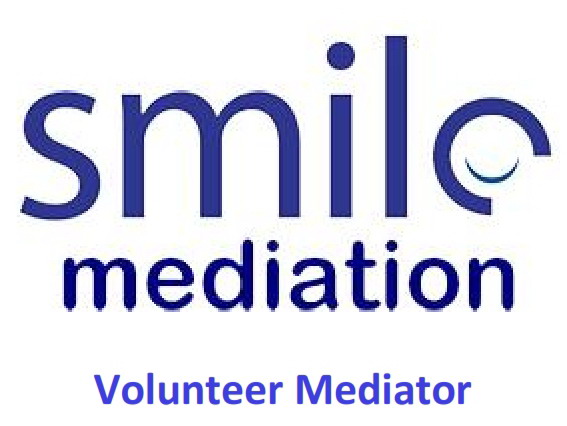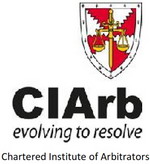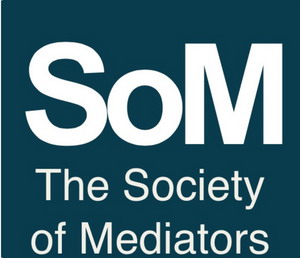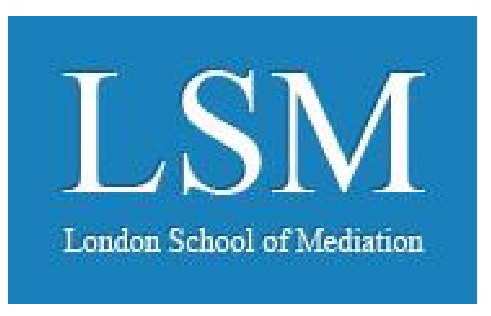Joint intervention success as Churchill judgement allows the courts to order parties to mediate
In a significant moment for mediation, the highly anticipated Churchill judgement overturns the decision in Halsey, confirming it is not a breach of human rights to integrate mediation into the court process and, where appropriate, to order parties to mediate. CMC, Ciarb and CEDR joined forces to intervene in the case, arguing strongly for this outcome.
The Court of Appeal has decided that the courts can lawfully stay proceedings or order the parties to engage in non-court-based dispute resolution processes which include mediation. The Court of Appeal went on to confirm that comments made by Dyson LJ in Halsey v Milton Keynes General NHS Trust (2004) 1 WLR 3002 (Halsey) were obiter and therefore not binding on the lower courts.
Halsey suggested that whilst the court may encourage parties to engage in private dispute resolution, including mediation, ordering the parties to mediate would breach article 6 of the European Convention on Human Rights, the right to a fair trial.
Most commentators considered Halsey bad law because even if the court orders parties to undertake a private dispute resolution process, which includes mediation, this does not force the parties to settle and they continue to have access to the courts throughout the process. There was also a widely held view that the comments made by Dyson LJ in the Halsey case were obiter, in other words, persuasive but not binding on the lower courts.
The decision in Churchill v Merthyr Tydfil Borough Council (Churchill), clarifies that the courts are able to integrate mediation, and other forms of dispute resolution, into the court process and may, where appropriate, stay proceedings for, or order mediation.
The Master of the Rolls, Sir Geoffrey Vos, who wrote the judgement, declined to lay down fixed principles as to what would be relevant to determining whether proceedings should be stayed or whether to order the parties to engage in a non-court-based dispute resolution process. Rather he said this should be left to the discretion of the trial judge.
The Civil Mediation Council (CMC), Chartered Institute of Arbitrators (Ciarb) and the Centre for Effective Dispute Resolution (CEDR) jointly intervened in Churchill with the aim of overturning the Halsey decision. Working together on this intervention demonstrates the joint commitment to ensure parties to a dispute have the appropriate level of information and access to both mediation and to qualified professional mediators.
The Churchill judgement enables the courts to order parties to mediate and is yet another step towards the recognition of private dispute resolution as a crucial and integral part of delivering civil justice effectively.
In 2021, the Civil Justice Council (CJC) published its report on “Compulsory ADR” which concluded that that compulsion to use (alternative) dispute resolution is lawful and should be encouraged.
CMC, CEDR and Ciarb, have engaged extensively with the consultation process that the UK Ministry of Justice (MoJ) conducted following the CJC report and submitted responses to all three Government consultations that took place in 2021 and 2022.
In July 2023, following these consultations, the UK Government announced that all small claims in the County Court issued under the standard Part 7 procedure of the Civil Procedure Rules would be referred to the HM Courts and Tribunals Service’s Small Claims Mediation Service. All organisations continue to work with the UK Government on issues including the regulation of mediation and how mediation can be integrated effectively into the civil justice process.
Rebecca Clark, Chair of the CMC says, “As a charity committed to promoting resolution of conflict, we are delighted by this judgement, in which the Court has expressly acknowledged the benefits of mediation for parties who want to resolve their differences cheaply and quickly. Mediation is now where it should be – firmly embedded within the civil justice system. I would like to thank Stewarts and Edwin Glasgow CBE KC and Kelly Stricklin-Coutinho of 39 Essex Chambers who all acted on a pro-bono basis to ensure that the Court had all the evidence it needed in making this decision.”
Catherine Dixon MCIArb, CEO of Ciarb says, “This judgement confirms that integrating mediation into the civil justice system does not breach human rights. Private dispute resolution is an integral part of an effective justice system. Providing parties with access to mediation and other dispute resolution processes supported by qualified dispute resolution professionals, creates more opportunities for parties to reach a resolution appropriate for them. It has been a pleasure to work with CMC, CEDR, Stewarts and Edwin Glasgow CBE KC and Kelly Stricklin-Coutinho of 39 Essex Chambers on this ground-breaking case and I thank them for their wisdom, tenacity and support.”
James South, Chief Executive of CEDR says, “We will now enter a new era of positive change. When justice is looked at from the perspective of the disputants, they want their dispute resolved in a cost-effective and fair way, ensuring they have the opportunity to be heard, and that resolution meets their commercial and personal needs. Mediation can provide this, and today’s judgement gives the courts the tools to actively encourage settlement by allowing courts for the first time to order parties to mediate, if in their discretion they consider it reasonable to do so”.
The CMC, Ciarb and CEDR were represented by Edwin Glasgow CBE KC and Kelly Stricklin-Coutinho of 39 Essex Chambers and Ian Gatt KC, Elaina Bailes and Matt Caples of Stewarts.
On Thursday 22 May 2014, the Civil Mediation Council annual conference was held at The Metropolitan Hotel in Leeds.
Lord Faulks QC reaffirmed the commitment of the MOJ to raise awareness of mediation, and its benefits, in the UK and indicated that 64% of small claims settle at the Small Claims Mediation Service (SCMS), and 95% of users would use the SCMS again.
A recent survey suggested that there has been a 9% increase in the number of mediations taking place since 2012.
So far, so good
Graham Ross gave a talk on Online Dispute Resolution services and advised that a recent Ebay study found that sellers who engaged in Ebay’s ODR process, have seen more loyalty from customers including those they have been successful against.
Graham also stated that in the not too distant future all websites looking to provide goods or services within the EU will have to have a clause with a link to an ODR provider as part of its terms and conditions.
Stephen Ward, from Clerksroom, then advised that they received 130 mediation enquiries in April 2014, and have a conversion rate of 99%.
Lord Justice Briggs gave an interesting talk and revealed his appreciation of mediation and the benefits it can bring, before speaking of a recent case (referred to anonymously as AB v CD) in which a mediator was compelled by court to attend court to give evidence. This raises serious questions regarding confidentiality and privilege which remain unanswered as of today’s date. The general mood of the room was that anything said privately between participant and mediator is covered by legal privilege and a judge should not draw adverse inference from this position.
We then moved onto the results of a recent survey commissioned by the CMC and CEDR. These are set out below in no particular order of relevance or importance:-
- There were 295 respondents, representing over 50% of the Civil Mediation Council’s membership;
- There have been approx. 9500 in the past 12 months. This figure does not include mediations via ACAS or the SCMS;
- 66% of mediation instructions were received directly from the participants;
- Novice and intermediate mediators reported that they performed less than 4 mediations in the last year;
- 26% of respondents are male;
- 96% of respondents are white;
- 52% of respondents had a legal background; This has fallen by 10% in the past 2 years;
- 47% of advanced mediators mediate full time;
- Over 75% of mediations settled in one day;
- An average mediation involved 16 hours of work by the mediator;
- Only 15% of mediators want to see mediation made compulsory;
- 57% of lawyers want to see more encouragement for mediation to take place;
And now to costs:-
- £9 billion – total value of cases mediated in the past 12 months;
- £2.4 billion – value of savings (in time, lost relationships, productivity, and legal fees) for businesses who have engaged in mediation during the past 12 months;
- £22.5 million – Total mediation fees paid in the past 12 months;
- £17.5 billion – value of savings (in time, lost relationships, productivity, and legal fees) for businesses who have engaged in mediation since 1990;
- £65 billion – total value of cases mediated since 1990.
The meeting was informed that the Civil Mediation Council will become a registered charity. It will be open not just to registered mediators, but also to anyone with an interest in mediation.
And finally – the overall atmosphere at the conference was positive. Attendees appeared to be committed to driving mediation onwards, and this was reflected by the speakers also. There were some complaints concerning the difficulties faced in generating mediation referrals but, as with any business, it is the hard miles which usually generate the most rewards.





